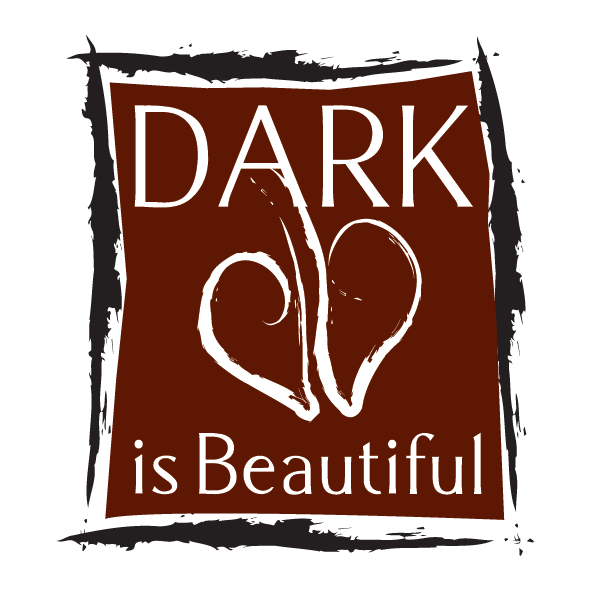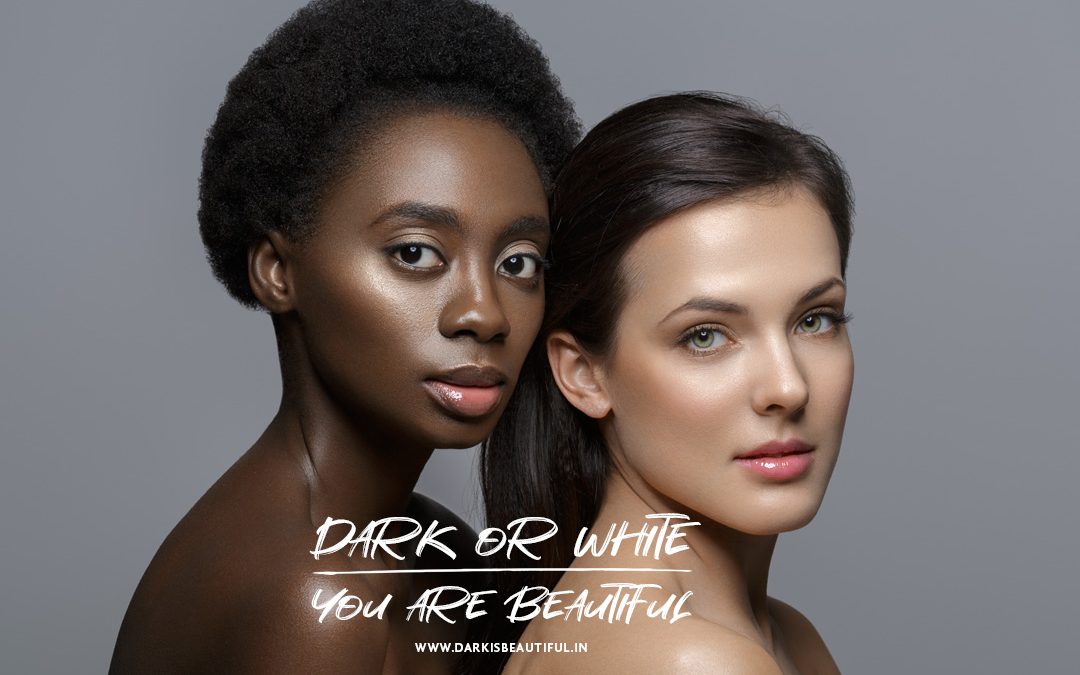Advertisers are storytellers. They have the creative job of spinning a story of a product or service and convincing us that it is actually worthy of our attention, time and money. Keeping the target audience in mind, they weave in visuals, music, language, people, etc., telling us a story that can make a heart connection. Skin White, a “pioneer skin-whitening brand in the Philippines, offering a wide range of whitening options to consumers with various whitening needs,” used a similar blueprint with their latest campaign: Dark or White, you are beautiful.
With this campaign, Skin White’s storytellers set out to change the narrative. Many people even commended them for being one of the first skincare brands to publicly declare that all skin colours are beautiful.
But here’s the thing about media literacy. It teaches us to dig deeper. It dares us to ask the difficult questions: Does this mean that Skin White and it’s parent company, Splash Conglomerate, are against skin colour discrimination? Would they, a corporate entity, make choices that would curb systemic discrimination and skin colour bias. Are they willing to lead the industry by changing their product line to be inclusive and truly celebrate diversity?
This is how they lost the plot.
What’s In A Name Like Skin White?
Firstly, if Skin White was truly against skin colour discrimination, they would reconsider their name. What is in a name, you ask? Ten years ago, when the Dark is Beautiful campaign was birthed in Chennai, India, many people commented that the name was not “inclusive.” Call it “Dark is Also Beautiful,” they suggested. But some of us supported this radical idea behind the name that will allow millions of people a chance to finally say Dark IS Beautiful, just as for decades on end people have said and unashamedly continue to say, “Fair and Lovely”, “White Beauty”, or “Skin White!”
So when Skin White declares, “Dark or White, you are beautiful,” I immediately see it as a lie; a compromise to avoid stirring the pot and maintain the status quo. There is a global struggle against colourism and making a statement without backing it with real, system-wide actions not only wastes my time but insults my intelligence.
Skin Colour – A Matter Of Choice?
Secondly, Skin White decided to make skin colour a matter of choice. Ces Dimalanta, the personal blogger of Manila Millennial, narrates that at the launch of the ad campaign, Rachelle Layda, Splash Corporation’s Marketing Manager for Whitening said, “it’s all about choice.” In short, people who want to lighten their skin should be able to do that without feeling guilty, while people who choose to retain their dark ‘Morena’ skin, should feel validated with their choice.
How do I even begin to dismantle the ignorance and privilege enveloping the statement, “Skin Colour Is a Choice.” Lightening or whitening one’s skin in order to be accepted, valued, represented, hired, married, etc. is not because it has been a choice. Skin White and every skin lightening brand would not be profitable if people decided to support each other for the colour of the skin they are born with. Calling skin colour or the option to lighten skin colour a choice is trying to silence those who stand up against skin lightening as a form of injustice that has been perpetuated globally for centuries.
Brownface and Cultural Appropriation
Finally, and here’s where the ad campaign completely fell apart, the makers of the ad campaign, the storytelling gurus, thought it was a good idea to introduce brownface. In her blog post, Ms. Dimalanta quotes Pam Sulit, Splash Corporation’s VP for Marketing, admitting that, “It’s [the ad is] almost like a social experiment.” Who does not love a social experiment where you showcase people of different skin colour and celebrate their beauty? Except, the ad insisted on hiring twins and darkening the skin of one of the twin, instead of using dark-skinned people. Once again highlighting that the choice to darken your skin is just as viable as that of lightening your skin.
Growing up I never thought skin colour could be appropriated, but the idea of choosing your skin colour leans right into the appropriation debate. Cultural appropriation has been talked about enough times in public spaces, that if you don’t live under a rock, you know why many people are offended when something that sidelines their chances at success is considered fashionable, open-minded, and cool by their counterparts that do not have the same barriers to hurdle.
Skin White, you should have learnt a thing or two from the Swedish company Emmaatan’s debacle.
Storytellers are good with their craft. We, the consumers of these stories, have to learn to read between the lines, understand the rhetoric, separate facts from fiction, and be socially aware of the decisions we make. We have to challenge Skin White to run their “Dark or White, you are beautiful” campaign with integrity and from a position of reversing skin colour bias, not normalizing it.




As someone who has worked in the advertising industry, I totally agree!
I would also like to question the people that appear in the ad, because many are so obviousy sporting brownface, especially the McBride twins who call themselves ‘influencers’ on their Instagram account (https://www.instagram.com/mcbridetwins/)! Influencers of what? Is money, fame, likes and followers the only thing that matters in this world these days?!
There’s good advertising and bad advertising and I would definitely label this bad. It shows that the advertiser:
1. is cashing in on the fact that social media has made people like zombies – not thinking about things and only caring about outward appearances,
2. thinks they can get away with this nonsense,
3. cares very little for positive inclusivity,
4. is essentially twisting the message to a point that they are attempting to make something so obviously wrong, look acceptable,
5. hasn’t heard of the Dark Is Beautiful campaign ?
Absolutely spot on. How easily we can miss the point . It’s that uncomfortable feeling in the gut when we know the truth of the matter is something else but we ignore it and believe the superficial.
Goes to prove again and again that storytellers are spin doctors and they are getting better and better at it.